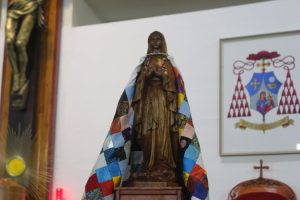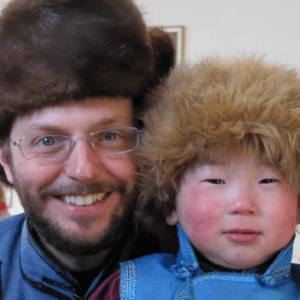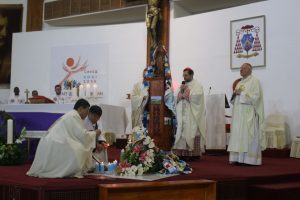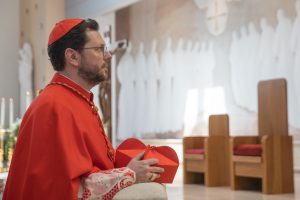Answers: fr. Cezary Paciej
Man is an indissoluble unity of body and soul. Death separates the immortal soul from the dying body. It is contrary to human nature and that is why it is so painful for us, and we are so afraid of it. The Church teaches us that at the end of the earthly journey of every person three things await: death, God’s judgment, heaven or hell. Having left this world, the soul immediately appears before God for the judgment, which we call particular (after the end of the world there will still be a final, universal judgment). Meeting with the Lord is a great happiness for the soul, which will either continue in eternity, or become a severe reproach of conscience and suffering for the soul, which has rejected God and will be forever separated from Him.
After death, some saved souls are still not quite ready to live with God. Therefore, they need repentance for their sins and cleansing from attachment to them. Such souls, as the Church teaches, immediately after a particular judgement go to purgatory (CCC, 1030-1032). We can help them by praying for them and sacrificing good deeds and suffering for them.
The best prayer is Holy Mass. Those who love deceased loved ones try to support them in the other world in the hope of meeting them in the Kingdom of God. This is how the ancient custom (2nd century) of Holy Mass for the dead on the 3rd, the 7th and the 30th day and on the anniversary of the death has appeared.
This custom has its own symbolism. The third day reminds of the resurrection of the Lord Jesus, the seventh (the number of perfection) – about eternal rest, and the thirtieth – about the mourning of the Israeli people for Moses and Aaron. We also remember the dead in prayers on their birthdays, name days, on the days of mothers and fathers. A special day of prayer for Christians who have left this world is November 2 – Commemoration of All the Faithful Departed.
In addition, it is customary for Catholics to offer the so-called Gregorian Masses for the dead. When St. Pope Gregory the Great (540-604) was still the abbot of the Roman Benedictines; money was found with one of the deceased brothers. In those days, this was a serious crime for a monk. St. Gregory, as a lesson to others, gave orders to bury the remains outside the walls of the monastery on un-consecrated ground. But, taking care of the soul of the deceased, he ordered to serve one Holy Mass for him thirty days in a row. When the last of them was performed, the deceased monk appeared to the abbot and thanked him for these services, because the Eucharist significantly shortened the period of his cleansing. This is how the conviction arose that after 30 Masses the Lord, in His mercy, would deliver the soul from torment and lead it to heaven.
In Greece and other Orthodox countries, special days of prayer for the deceased are the 3rd, the 9th and the 40th day after death. This is due to the idea that the soul, having left the body, remains on earth for two days, and on the third day, it appears before God for the first time. Then the angels show her heaven for six days, and on the ninth day she appears for the second time before the Creator. Then the soul finds itself in hell, where it goes through twenty ordeals and knows its sins. Finally, on the fortieth day, she appears for the third time before the Lord, who makes the final judgment. Catholic theology emphasizes that God is Spirit and does not dwell in any particular place. He lives outside of time and space in the immaterial world. Heaven is life with Him, and hell is eternal separation from Him. A person immediately after death learns his final destiny, which he deserved with his love or selfishness.
The biblical symbolism of the 3rd, the 9th and the 40th days in the Orthodox Church is interpreted as follows: the third day is the resurrection of Jesus and the glorification of the Trinity, the ninth day is celebrated in honour of the nine angelic choirs, and the fortieth day is a reminder of the ascension of Christ on the fortieth day after the resurrection.
On these days, the Orthodox celebrate a memorial service for the deceased, which is accompanied by meals. There is nothing wrong with this tradition as such, but care must be taken so that food does not become more important than prayer. And, of course, adherence to this custom is not necessary, especially if funeral dinners bring serious financial difficulties to the family of the deceased. Whoever loves him will not forget to pray for him.





